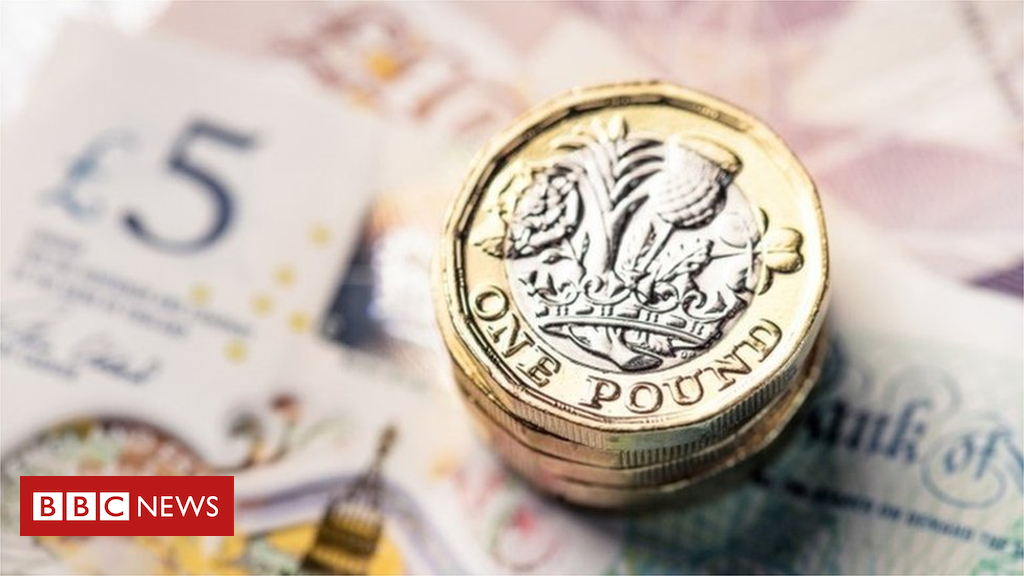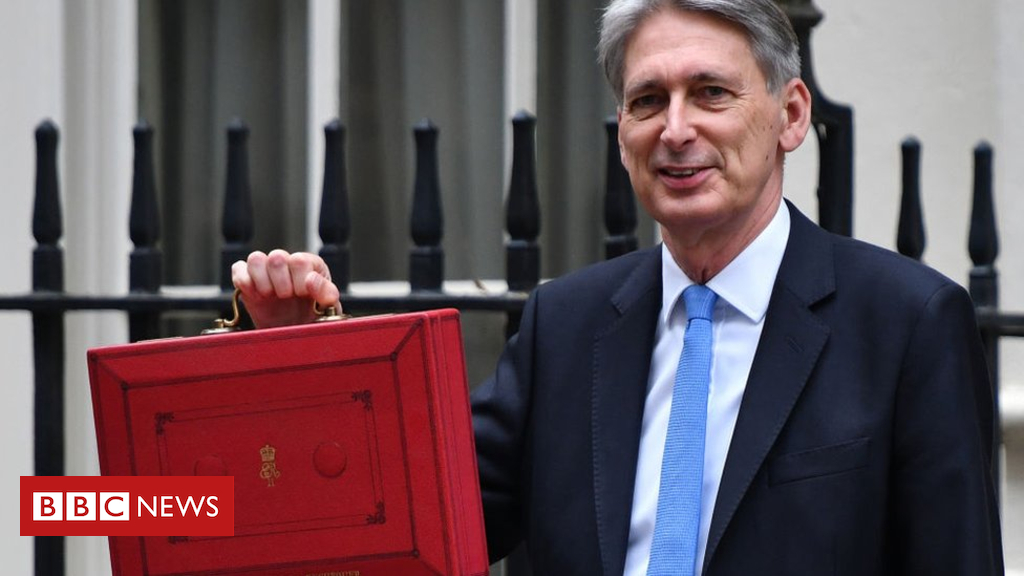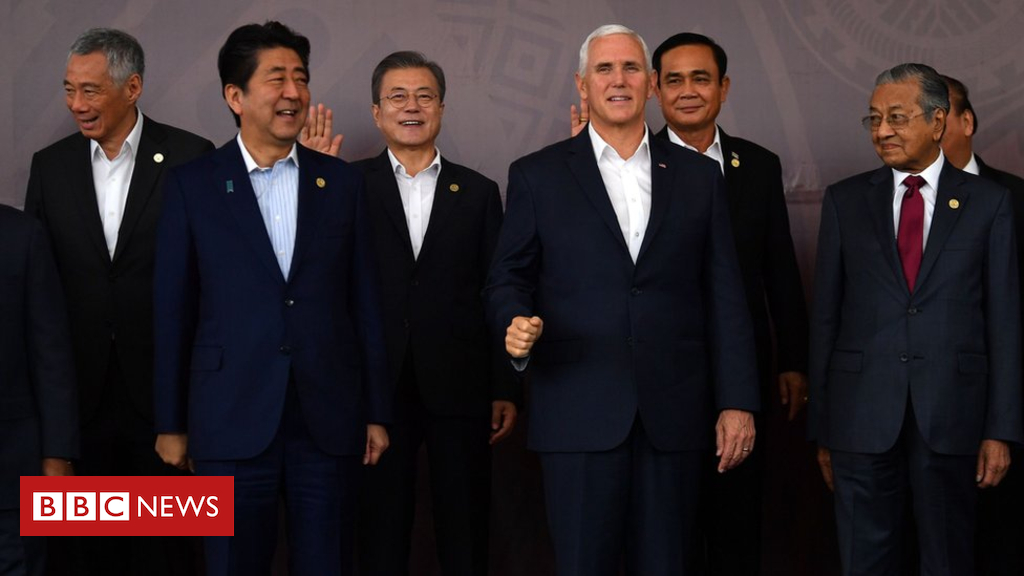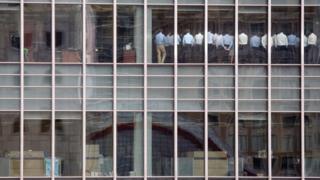 Image copyright Reuters Image caption This Reuters picture of Lehman Brothers staff being told the bank would survive at a meeting on 11 September 2008 is one of the images that defines the financial crisis
Image copyright Reuters Image caption This Reuters picture of Lehman Brothers staff being told the bank would survive at a meeting on 11 September 2008 is one of the images that defines the financial crisis
Investors who took a gamble on the wreck of Lehman Brothers’ UK operations after the investment bank collapsed made up to seven times their money.
The assets of Lehman’s UK arm greatly exceeded its liabilities.
Tony Lomas, the partner at the accountancy firm PwC who was appointed lead administrator, told the BBC there was a surplus of about £8bn.
Lehman’s collapse into administration a decade ago marked the height of the financial crisis.
Creditors able to wait while the administrators unwound millions of trading positions received back more than they were originally owed, said Mr Lomas, who has recently left PwC.
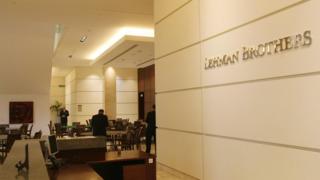 Image copyright PA
Image copyright PA
Lehman UK was far from flush when he first took over. The US parent company had grabbed all the cash available – a normal practice for large multinational companies with central treasury units – and the British operation was unable to meet its bills. “There was £3bn that had to go out on the Monday morning and it didn’t have it,” Mr Lomas said.
As a result, Lehman UK was put into administration, and the search for assets began. “The first thing is you are looking for assets – and for liabilities – and first of all for liquid assets, things that you might be able to sell quickly,” Mr Lomas said.
“We had a September payroll due and the quarterly rent was due. We needed about £100m quickly. We couldn’t find liquid assets quickly enough, so we had to borrow £100m from a hedge fund.”
Lehman collapse: ‘These were very dangerous times’ How did the financial crisis affect your finances? Who’s to blame for the financial crisis?
That search for ready funds was itself fraught. “You had to be sure you were borrowing from the right legal entity – from the right bit of Lehmans that you were sure assets would fall into,” he explained. “Most of the counterparties to Lehman trades just identified them as trades with Lehman – not the actual legal entity, so you had to be sure.”
“We have been able to pay everybody everything they were owned – and we had £8bn left over, which was mainly the bank’s own capital.”
Separately, the senior Bank of England official who dealt with the fallout from the Lehman collapse has revealed the Bank arranged to bring $86bn from the US to help keep London markets running in the wake of the collapse.
Sarah Breeden, now executive director for international banks supervision at the Prudential Regulation Authority, said the Lehman administration meant London markets were running short of US dollars, leading the Bank of England to agree a “swap” deal with its US counterparts. “Eventually that totalled $86bn,” she said.
The Bank of England lost no money from its interventions after Lehman, Ms Breeden added.

